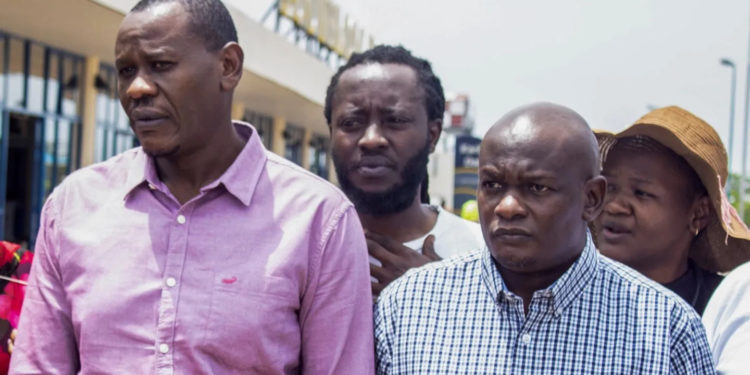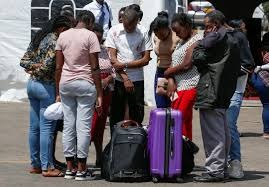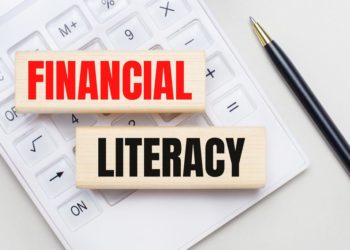Kenya’s diplomatic and humanitarian fronts were abuzz today following the release of two Kenyan activists from Ugandan detention, renewed debt talks with the International Monetary Fund (IMF), and a devastating landslide tragedy in the Rift Valley. Bob Njagi and Nicholas Oyoo, both Kenyan human rights advocates, were detained in Uganda for over a month after attending an opposition rally led by Robert Kyagulanyi, popularly known as Bobi Wine. Their arrest sparked outrage among civil rights groups across East Africa, with accusations of cross-border political intimidation. After weeks of negotiations, Foreign Affairs Cabinet Secretary Musalia Mudavadi confirmed that the duo had been safely returned home. Upon arrival, they revealed harrowing details of their imprisonment in a Ugandan military facility, describing “inhumane and degrading” conditions. Their release underscores Kenya’s growing diplomatic assertiveness in protecting its citizens abroad and exposes the fragility of regional political relations.
As the diplomatic storm subsides, Kenya’s economic team has turned its attention to new financial negotiations with the IMF. The government, led by Treasury Cabinet Secretary John Mbadi, announced that follow-up meetings are underway to secure a new support programme to help manage Kenya’s escalating public debt. The previous IMF programme, valued at about $3.6 billion, expired earlier this year, and analysts believe a fresh deal could stabilize the economy by offering concessional loans and fiscal guidance. However, questions remain about how Kenya’s securitised revenues and sovereign bonds will be treated under IMF terms, a factor that could determine the nation’s fiscal flexibility in the coming year. The talks are crucial as the government seeks to curb inflation, sustain development projects, and maintain investor confidence amid global economic uncertainty.
Tragedy, however, struck western Kenya over the weekend as a massive landslide in Chesongoch, Elgeyo Marakwet County, left at least 21 people dead and over 30 missing after continuous heavy rains. More than 1,000 homes were destroyed as flash floods triggered soil collapses across hilly terrain, displacing hundreds of families. Interior Cabinet Secretary Kipchumba Murkomen confirmed ongoing rescue operations but warned that worsening weather could hamper efforts. The government is planning immediate relocation for survivors to safer ground, while humanitarian organizations have mobilized food, shelter, and medical aid for affected communities. The disaster has reignited calls for improved land-use planning and stronger climate adaptation strategies in Kenya’s most vulnerable regions.
Today’s developments capture Kenya at a crossroads — navigating diplomacy, economic reform, and climate resilience simultaneously. The release of the detained activists signals renewed regional advocacy for human rights; the IMF talks could shape the nation’s fiscal future; and the Elgeyo Marakwet tragedy exposes the urgent need for sustainable disaster preparedness. Together, these events paint a picture of a nation balancing progress with the pressing realities of governance, economic survival, and environmental vulnerability.


















